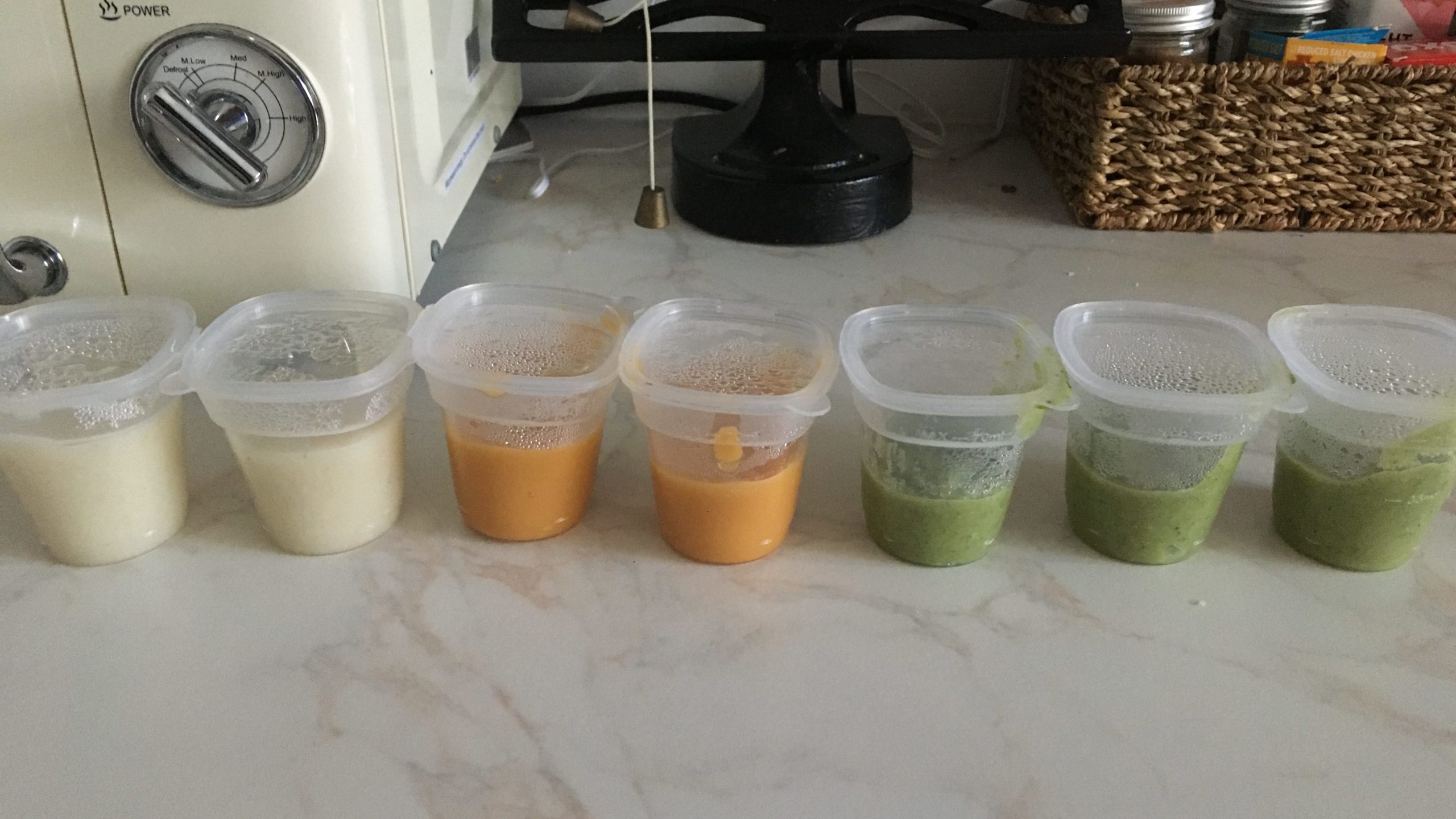Hello, world again! I’m back! Look at these colours! This article has now been updated after my second child, so it has inputs from different years!

Motherhood is not easy and there is no recipe for that. You go and do things and hope for the best. It is organic. This new world comes with new challenges, not just due to its nature but also because there are many apps and products to solve many challenges parents encounter.
Let’s start with the apps. There is a world of tracking apps out there. You can lose count. Looking at these, you might want to start adding the data logs and being very precise about what your baby is doing (sleeping, eating, etc.). After some time, you might want to give up. Many parents I’ve talked to wanted to start doing this, but after some time adding the data inputs in the app became another job to do. You will end up deleting them unless you want to keep the data as a memory. I will mention that later. Note: after my second child I didn’t even download any app to check sleep/eating, etc.
Then you move to the products. There is an extensive list of products on Amazon and other websites (but Amazon in particular tends to have everything). The amount of time parents spend looking at the best product is ridiculous. Can these websites make life easier? How can this be a little bit more personalised? Note: difficult to know and reviews are still important. Yet, you may still discard some products quickly as you go along because it’s unpredictable and every baby is different.
As a parent, you encounter choice overload. Most of the time you have to rely on communities (online, from forums or friends) to make decisions. The reviews of products on the websites are also very helpful – and sometimes actually crucial to making a decision. And this is not just because of the cost, but due to other aspects such as health benefits, safety and so on.
Is technology really helping parents in this case? I don’t have the real answer, but I can see opportunities here for Designers and Researchers. The role of communities is strong in this case. And I only understood that when, of course, I became a parent. From walking with a pram across the street to buying products online or just trying to get a good night of sleep. It has all changed very quickly.
So what does it have to do with inclusive design?
Inclusive design means designing by considering diverse user needs. And here, I am extending this a little bit and thinking – would parents have different needs? How might we design for better parenthood and make this life-changing moment more equal, without all the existing gender stigmatization? As parents, we rely a lot on communities – and this can vary, depending on where you live, what you do, etc. It is about that feeling of belonging (e.g., you are not alone!).
It also includes a feeling of having to adapt at all times. There is no recipe, but what really helps is to talk to other parents. Well, stories are different, of course. And parenting burnt-out is a real thing too.
So here I leave a note. Dear designers, when crafting personas for your designs, please consider a young and new parent.
Note: Not only on the designs but also in representation in games. This article (5-6 years ago) and this other one published in The Guardian also mention disparities in representing motherhood and mums in games. And the year is 2024 and this still exists. Perhaps the closest I’ve seen to some sort of representation was in the game called Venba, in which you play as a mum. So it is not just ‘representation’ here, but a sense of agency as well, not being part of a backstory (even though in Bayonetta Origins: Cereza and the Lost Demon, Cereza’s quest is to find her mum).

Image: Venba game
And here is some reading:
Note: I found this in 2024: a beautiful article that tackles one question: what are the neglected intra-actions with digital technology during pregnancy and childbirth? However, the author uses autoethnographic research so beautifully that it caught my attention. Another interesting aspect mentioned in the paper was diffraction-in-action, which I may delve into as a method, whilst I come back to work this month (February 2024). Enjoy the reading!